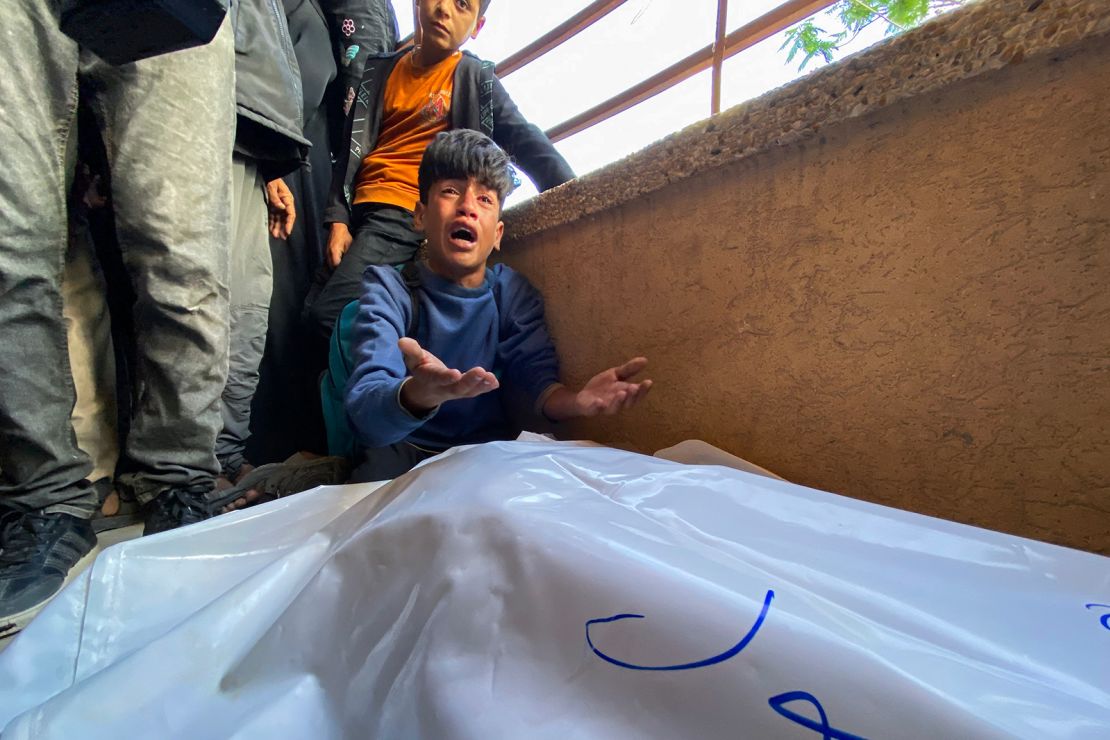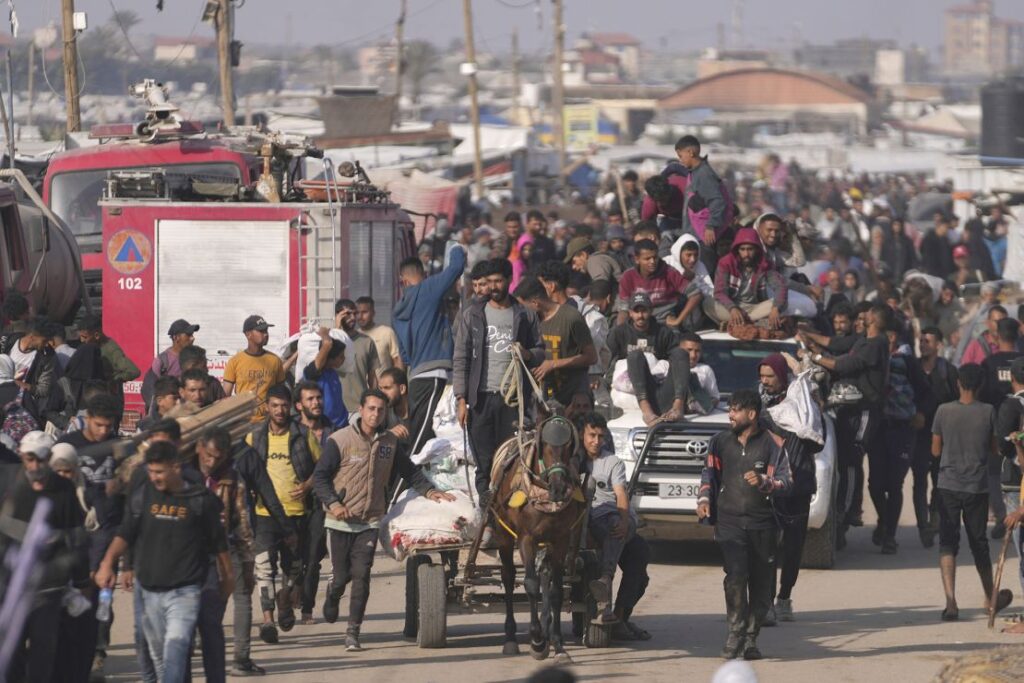
What was intended to be a salvation for many has again transformed into a disaster. In a profoundly troubling series of incidents, the distribution of aid in Gaza has led to the fatalities of many Palestinians. In the last three days, multiple deadly shootings occurred near food and aid distribution sites, worsening the already urgent humanitarian crisis in the besieged area.
As per Gaza’s Health Ministry, many have died and several hundred are injured as frantic crowds congregated to obtain food aid. Witnesses and local health workers report tumultuous situations: long queues of individuals enduring extreme heat, intermittent gunfire breaking out as panic and terror seized the masses, and ambulances having challenges in reaching the hurt because of blocked roads and rubble.
This isn’t the first occurrence of aid distribution becoming fatal in Gaza. Following the escalation of the conflict between Israel and Hamas in late 2023, humanitarian corridors have become strictly managed, sporadic, and frequently perilously congested. As the blockade grew stricter and essential items like fuel, food, and medicine dwindled, global aid groups tried to set up safe delivery areas — yet these have increasingly transformed into hotspots.
The most recent event occurred close to the Al-Nuseirat refugee camp, which is among the most crowded regions in Gaza. Multiple reports indicate that Israeli forces reportedly fired shots when the crowd at a distribution site grew “uncontrollable.” The Israel Defense Forces (IDF) claimed they were acting in response to threats and that militants might have tried to use the crowd as a shield.
Regardless of these assertions, survivors and local aid workers report that there was no incitement from the crowd — merely desperate families in need of a bag of flour or a bottle of water. “We have been waiting since daybreak.” “People were starving, exhausted, and scared,” stated Fawziya Mahmoud, a mother of five whose sibling was shot and injured amid the turmoil. Suddenly, gunfire erupted. Individuals shouted and fled. I observed bodies lying on the ground, and children were wailing.

Humanitarian Assistance: A Lifeline Amidst Conflict
The United Nations Relief and Works Agency (UNRWA) has consistently cautioned that the humanitarian system in Gaza is “on the brink of collapse.” The recent violence has merely intensified the issue. Many neighborhoods cannot be safely accessed by food convoys. Hospitals are inundated, running short on essential items such as bandages and antibiotics. Electricity is accessible for just a few hours daily, and finding clean water is almost unattainable.
International organizations such as the Red Cross and Médecins Sans Frontières have called for an immediate ceasefire to allow secure humanitarian access.
“Nobody should lose their life while seeking food,” stated Dr. Hanan Issa, a field coordinator for “This has transitioned from a conflict to a humanitarian catastrophe.”
The World Food Programme has also cautioned that famine is “imminent” in Gaza, particularly in the northern areas where aid access has become nearly unfeasible because of ongoing shelling and infrastructure damage.
Political Consequences and International Reaction
The global reaction to the shootings has been prompt yet polarized. Although certain Western governments have reaffirmed Israel’s right to defend itself, human rights organizations have criticized the disproportionate force used against civilians. The United Nations Security Council convened an emergency session late Tuesday to address the rising crisis, but no resolution was adopted.
Palestinian Authority President Mahmoud Abbas charged Israel with carrying out “massacres under the pretext of security,” and urged for global protection for Palestinian civilians. In the meantime, Israel asserts that Hamas’ ongoing utilization of civilian zones for military activities has complicated and jeopardized the distribution of aid.
More than two million individuals are besieged in Gaza, and time is limited. Assistance is crucial not only for survival but also to avert a complete breakdown of society. Global pressure is increasing on Israel and Hamas to reach temporary ceasefires or “humanitarian pauses” to facilitate aid delivery.
Currently, the people of Gaza confront a frightening everyday situation: deciding between starvation and endangering their lives to obtain food.
As the globe observes, the query persists — how many additional lives must be lost before humanity outweighs politics?


